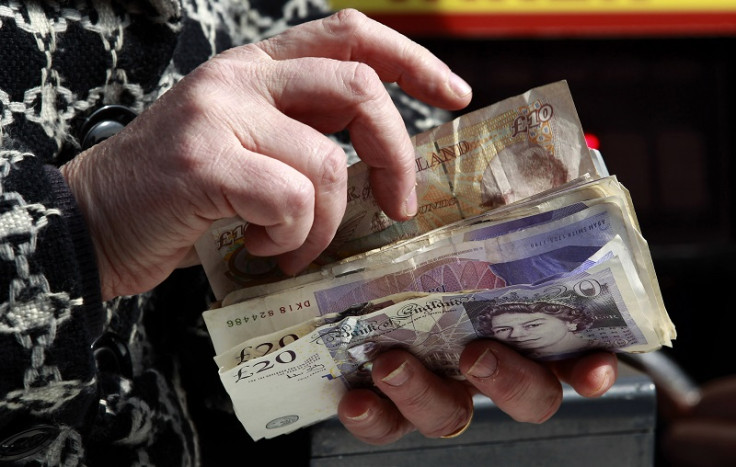Will Westminster Parties' Threat to Scots on Pound Backfire?

The decision by Westminster's big three political parties to tell the Scots they cannot keep the pound should they vote to separate from the UK may be one of the pivotal points in the independence campaign.
But it is also a moment where it is virtually impossible to know for sure exactly what effect the intervention will have on the outcome of the referendum in September.
For many, particularly the SNP, the move represents the clearest possible attempt by the "No" campaign to gang up on its opponents with bullying threats of disastrous consequences if they get independence.
And, in response, SNP first minister Alex Salmond has said, if an independent Scotland is denied use of sterling it is unlikely it will feel obliged to take responsibility for its share of the national debt.
I don't see how you could have a negotiation about a Scottish separate country keeping the pound, which would add up either for Scotland or for the rest of the United Kingdom
His deputy, Nicola Sturgeon said this was a case of Westminster attempting to lay down the law to Scotland. They believe the move could backfire by angering voters north of the border who are already resistant to dictats from the Westminster establishment.
But, as the SNP has already announced it plans to keep sterling, the question of whether it would be feasible and what the wider consequences would be, clearly had to be answered.
So chancellor George Osborne gave his answer, based on a Treasury study and told the Scots in no uncertain terms: "The pound isn't an asset to be divided up between two countries after a break-up like a CD collection. If Scotland walks away from the UK, it walks away from the UK pound."
Liberal Democrat Treasury secretary Danny Alexander emphasised the threat.
"For Scotland, separation would already be the riskiest and most uncertain step our country has ever taken," he said. "To take that step and then give up control over interest rates, exchange rates, and freedom over tax and spending policy would leave an independent Scotland hugely exposed to economic shocks but without any of the economic levers to manage a response. "
Meanwhile Labour's shadow chancellor Ed Balls said: "I don't think it's right for us to tell Scotland what they must do, but I don't see how you could have a negotiation about a Scottish separate country keeping the pound, which would add up either for Scotland or for the rest of the United Kingdom."
This tit-for-tat may appear childish to observers not directly affected by the campaign and it may well appear to be an attempt by the "no" campaign to frighten voters. But it is not an issue that could go unaddressed throughout the campaign and the result of the Treasury analysis is of huge significance.
It is possible that the remarks by the Westminster parties will indeed serve to strengthen feelings that they are attempting to bully Scottish voters out of panic at the possibility of a "yes" vote.
On the other hand, there will be those who will accept the apparent logic of the argument and accept it would be a huge leap into the dark if they voted for separation and then had to look for a "plan B" currency.
The options are limited and amount to joining the euro, assuming Scotland is allowed into the EU in the first place, using sterling anyway (the equivalent of "dollarisation" in countries such as Monaco or Ecuador) or creating an entirely new currency.
Clearly all have their problems and one of the aims of the current intervention is to force Salmond to start explaining what his plan B might be, thus opening up more lines of attack from the "no" campaign.
© Copyright IBTimes 2024. All rights reserved.






